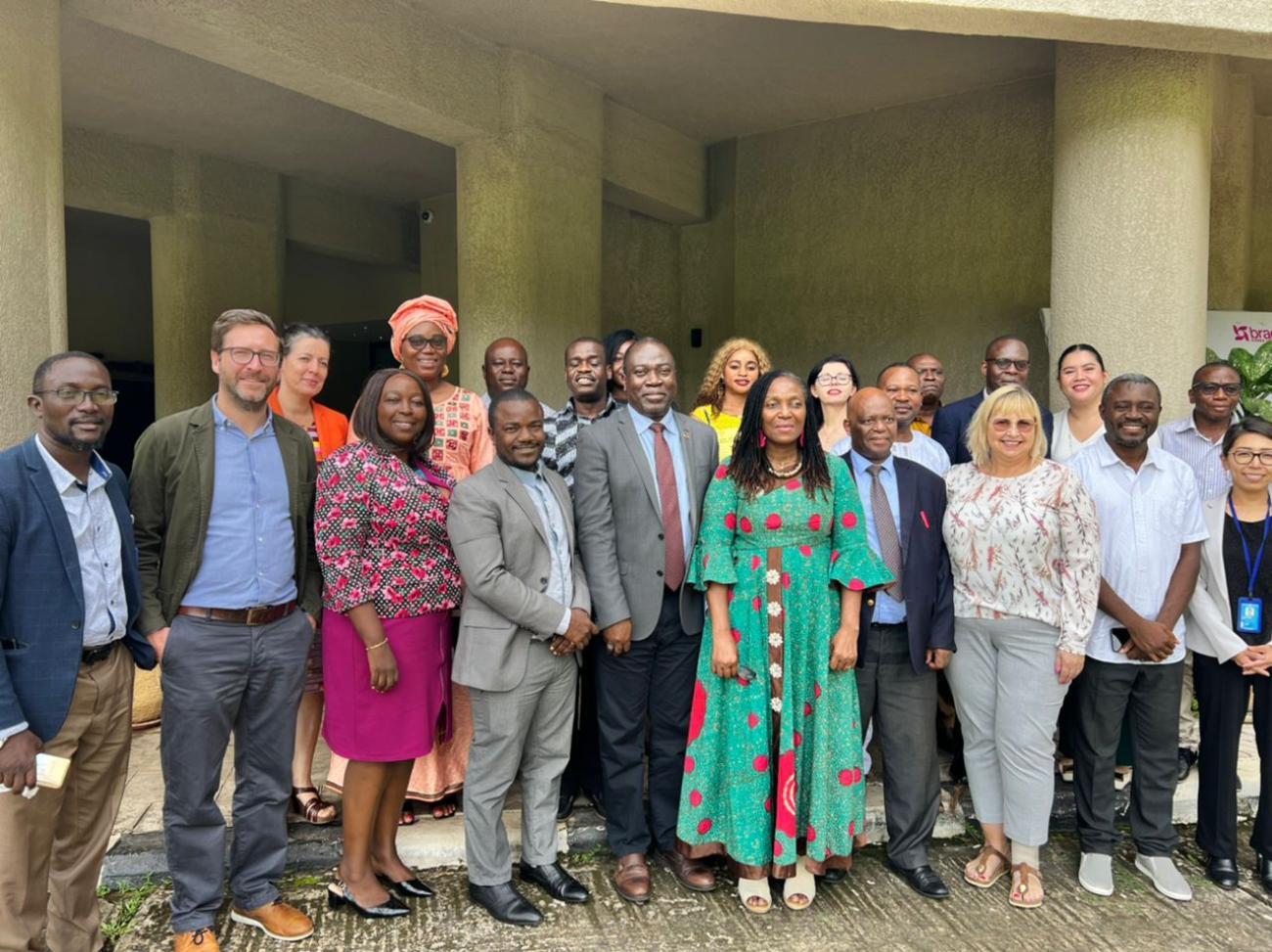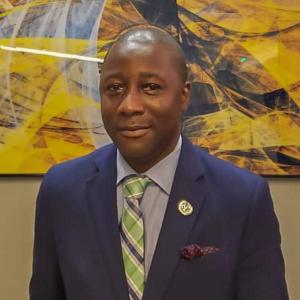Members of the UN Country Team in Sierra Leone commenced a two-day workshop on the United Nations Human Rights Due Diligence Policy (HRDDP) at the Radisson Blu Hotel in Freetown with support from the Office of the High Commissioner for Human Rights.
Opening the session today, UN Resident Coordinator Mr Babatunde Ahonsi underscored the importance of mainstreaming HRDDP across programmes of UN entities in the country.
In 2011, the Secretary-General issued the policy and instructed all United Nations entities considering or supporting non-UN Security Forces to comply with it. According to Mr Ahonsi, “when providing support, the UN must take deliberate action to safeguard and preserve its legitimacy and credibility as a global organization dedicated to the promotion and protection of human rights and to the development and respect of international law.”
He added that the prevention of human rights violations and the protection of civilians, together with respect for international human rights, humanitarian, and refugee law, are fundamental principles underpinning any peace, security, and development effort.
A briefing note shared ahead of the workshop indicated that each UN entity contemplating providing support to non-United Nations security forces should conduct a risk assessment beforehand. This will enable the entity to identify and mitigate the risks involved, including any risks that the recipient forces might commit grave violations of international humanitarian, human rights, or refugee law.
Senior Human Rights Advisor Mr Christian Mukosa said, “the HRDDP sets out due diligence measures that United Nations entities are expected to take within the scope of their mandates, to ensure that the support that they provide to non-United Nations security forces is consistent with the purposes and principles of the Organization in the Charter and its responsibility to respect, promote and encourage respect for international humanitarian, human rights, and refugee law”.
The RC hopes that at the end of the workshop, UNCT members will be better equipped and familiarized with HRDDP provisions and concepts, and a mapping of UNCT’s support to Sierra Leone’s security Forces finalized. He also indicated that a draft General and Preliminary Risk Assessment Framework (GPRAF) would be adopted and an SOP on the operationalization of HRDDP made available.
He concluded by stressing the importance of ensuring that an HRDDP coordination mechanism such as a Task Force/Working Group is established within one of the existing UNCT coordination mechanisms, “with relevant focal points/members identified and quickly operationalized”.



